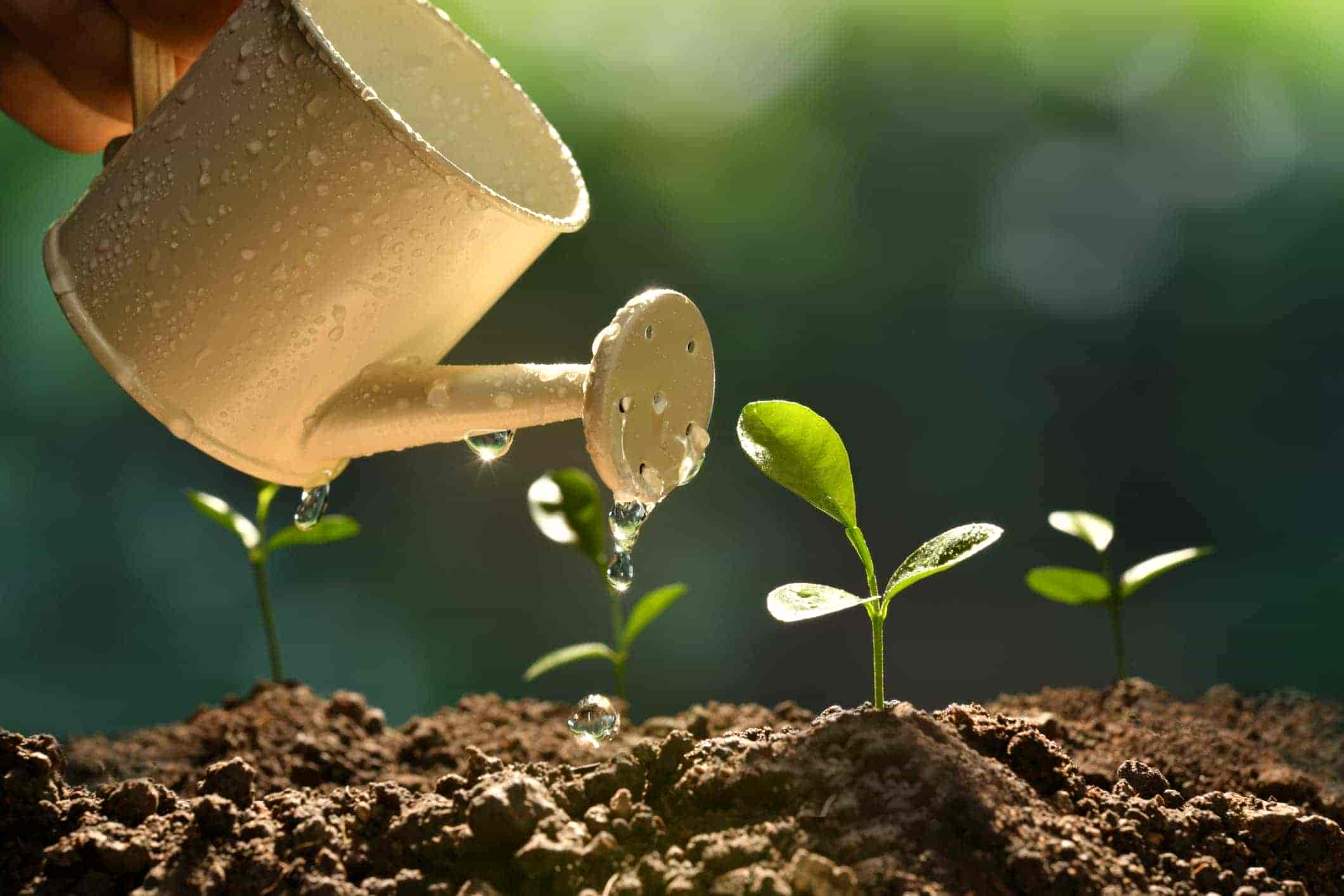| Posted on | Health-beauty
What are the key factors influencing plant growth in home gardens?
| Posted on
The key factors influencing plant growth in home gardens are:
- Light:Plants need light to photosynthesize, which is the process by which they create food from sunlight, carbon dioxide, and water. The amount of light that a plant needs varies depending on the species, but most plants need at least 6 hours of sunlight per day.
- Water:Plants also need water to survive and grow. The amount of water that a plant needs depends on the species, climate, and soil conditions. Most plants need to be watered regularly, especially during hot weather.
- Temperature: Plants need a warm environment to grow. The ideal temperature for most plants is between 65 and 75 degrees Fahrenheit. Some plants can handle colder or hotter weather.
- Nutrients:Plants need nutrients from the soil to grow. The main nutrients that plants need are nitrogen, phosphorus, and potassium. These nutrients can be added to the soil through compost, manure, or fertilizer.

Also Read- How do temperature and climate conditions impact plant growth?
0
0 Comment
nehagoyal022@gmail.com | Posted on
Plant growth are affected by the environment. If any environmental condition falls below optimal levels, it hinders the growth of a plant. Either directly or indirectly, most plant problems are caused by environmental stress.Due to poor environmental conditions plants affect directly.Environmental factors that affect plant growth such as light, temperature, water, humidity and nutrition.
Light:There are three principal characteristics of light that affect plant growth: quantity,qualityandduration.
- Quantity: Light quantity refers to the concentration of sunlight.The maximum amount of light is present in summer, and the minimum in winter,It varies with the seasons.When a plant is exposed to increased sunlight, its potential for generating sustenance through photosynthesis is enhanced.
- Quality: Light quality refers to the wavelength of light. Sunlight supplies the complete range of wavelengths and can be broken up by a prism into bands of red, orange, yellow, green, blue, indigo and violet(VIBGYOR).
- Duration: Durationrefers to the amount of time a plant is exposed to light.
Temperature:Temperature helps in processes including photosynthesis, transpiration, respiration, germination and flowering. As temperature increases photosynthesis, transpiration and respiration increase.Depending on the situation and the specific plant, the effect of temperature can either speed up or slow down this transition.
Water:Plamts require apropriate amount of water to be grown.Some plants take more water like:rice,while some crops require less amount of water.
Nutrition:Plants require nutritions which they take from soil,water,sunlight and fertilizers.
Flowering: When temperatures soar and days lengthen, cool-season crops like spinach tend to go to seed. Conversely, if temperatures dip too low, warm-season crops like tomatoes may struggle to set fruit.

0
0 Comment
| Posted on

Plant growth in home gardens can be influenced by a variety of factors. Here are several essential factors
-
Light: Adequate sunlight is crucial for photosynthesis, the process by which plants convert light into energy. Different plants have different light requirements, so it's important to choose the right location for your garden based on the light needs of your plants. Some plants thrive in full sun, while others prefer partial or full shade.
-
Water: Proper watering is essential for plant growth. Different plants have different water requirements, so it's important to understand the needs of the plants in your garden. Both overwatering and underwatering can have negative effects on plant health. A good rule of thumb is to water deeply and less frequently, rather than shallow and often, to encourage deep root growth.
-
Soil Quality: Soil provides essential nutrients and a medium for plant roots to grow. Factors like soil pH, texture, and fertility can impact plant growth. You may need to amend your soil with compost or other organic matter to improve its quality and provide the right nutrients for your plants.
-
Temperature and Climate: The climate in your region will determine which plants are suitable for your garden. Some plants are cold-hardy and can withstand frost, while others are heat-loving and thrive in warmer temperatures. Understanding your local climate is crucial for choosing the right plants.
-
Plant Selection:Selecting appropriate plants for your garden is crucial. Consider factors like the type of soil you have, the amount of sunlight your garden receives, and your climate when selecting plants. Native plants often thrive in their natural environments and can be a good choice for home gardens.
-
Spacing and Planting Depth: Proper spacing between plants and the correct planting depth can affect their growth. Crowding plants can lead to competition for resources and stunted growth.
-
Mulching: Mulching can help retain soil moisture, regulate soil temperature, and reduce weed competition. Organic mulches like wood chips or straw can also break down over time, improving soil quality.
-
Fertilization: Some plants may require additional nutrients beyond what is naturally present in the soil. Fertilizers can be used to supplement soil nutrients, but it's important to use them judiciously and follow recommended application rates to avoid overfertilization.
-
Pest and Disease Management: Keeping an eye out for pests and diseases is crucial. Regular inspection and appropriate pest and disease management practices, such as pruning affected parts or using organic pesticides when necessary, can prevent damage to your plants.
-
Gardening Practices: Techniques like pruning, staking, and trellising can help plants grow more effectively by providing support and encouraging proper air circulation.
-
Maintenance: Regular maintenance, including weeding, deadheading (removing spent flowers), and harvesting at the right time, is important for overall plant health and productivity.
-
Companion Planting: Some plants benefit from being grown alongside certain other plants, as they can help deter pests or improve soil quality. Explore original companion planting tactics tailored to your unique garden.
-
Wildlife and Pollinators: Encouraging beneficial insects and pollinators in your garden can enhance plant growth. Consider planting flowers that attract bees and butterflies to help with pollination.
By carefully considering and managing these factors, you can create a healthy and thriving garden in your home. Keep in mind that each plant species may have its own specific requirements, so it's important to research and tailor your care to the needs of the plants you're growing.
Also Read- How do different types of soil affect plant growth?
0
0 Comment
